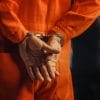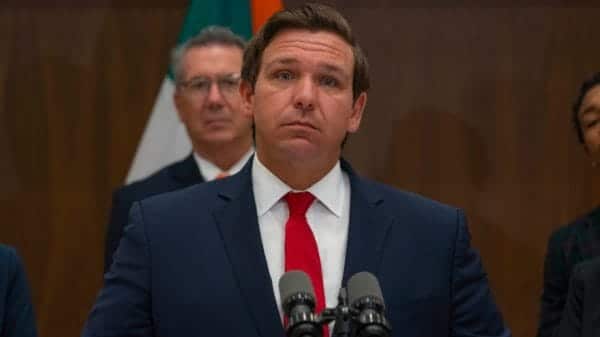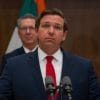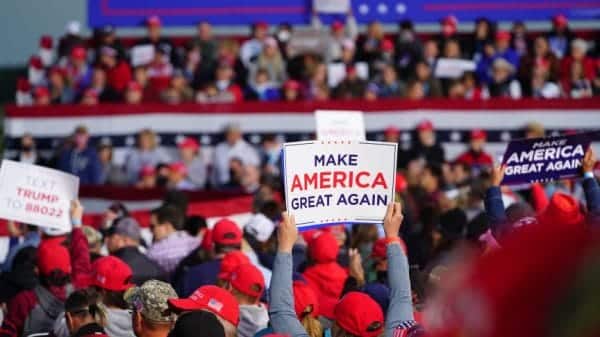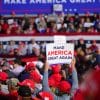China’s Former Prime Minister, Li Keqiang, passed away unexpectedly at the age of 68, Leaving a Void in Leadership.
He worked previously for President Xi Jinping. He was an active Communist Party leader who had led economic strategy for nearly a decade until March.
A heart attack caused his unfortunate demise on Thursday in Shanghai. Despite many efforts, he died at 12:10 PM on Friday, as reported by Xinhua, a state media organization. The death of Li Keqiang was an enormous loss for the Chinese political situation.
Li Keqiang’s Sudden Death and Its Impact on Chinese Politics
The untimely death of a top politician marks a complex and critical phase in Chinese politics.
Experts predict that the ruling party will promptly respond to Li’s impact. However, they also have to address economic problems and global politics.
Li Keqiang was a Chinese minister and leader of the State Parliament. He resigned voluntarily during the National People’s Congress in March.
Li Keqiang became prime minister in 2013. People hoped he would follow in the footsteps of Zhu Rongji. Zhu Rongji was the previous prime minister under Jiang Zemin.
Zhu Rongji led bold economic changes in China from 1998 to 2003, including commercialization efforts. China’s current political situation is causing worries about how the ruling party handles domestic and international issues.
Democratic History and Economic Reform Campaigning of Li Keqiang
At his initial cabinet conference as the prime minister, Li Keqiang urged all departments to “solidly pursue reforms.” He highlighted his first leadership with a dedication to advancing government transformation.
Before Xi Jinping became president, people saw Li Keqiang as a strong candidate to replace President Hu Jintao. Over time, Li formed a bond with a business-friendly faction in Xi’s government, which was becoming more oppressive.
Rumors of Competition
There were rumors of a rivalry between the two presidents. These rumors emerged because people were worried about a possible clash between them, particularly in the area of money. People considered Li’s influence as a state minister less important than previous generations, such as Wen Jiabao and Zhu.
Li Keqiang’s Background and Advocacy for Market-Focused Policies
Li Keqiang’s political career was remarkable. He rose from the leadership of the Communist Youth League.
The Communist Youth League was a significant power source during President Hu’s time. Although Xi Jinping focused on solidifying authority and prioritizing state-owned enterprises, Li Keqiang advocated for market-focused policies. Nonetheless, he ran into difficulties in promoting these beliefs.
Chinese politics now shows how different groups in the ruling party affect the country’s economy.
Li Keqiang, a lawyer, gained recognition for actively speaking up in Chinese politics and advocating for economic reform. James Zimmerman, a well-known political observer, declared that people perceive Li Keqiang as a sensible leader. He sets himself apart from Xi Jinping’s close allies by being less politically focused.
The Political Consequences of Li Keqiang’s Death
According to Joseph Torigian, a specialist in top Chinese and Soviet politics at Stanford University’s Hoover History Lab, the death of a prominent person in Chinese politics presents a complex and challenging situation for the government.
Torigian believes that Li Keqiang’s funerals will demonstrate his support for Xi Jinping’s program. This will highlight the importance of party unity during a crucial period.
Economic Challenges and Political Difficulties During Li Keqiang’s Phase
Beijing marked Li’s time in office by making efforts to reduce the enormous debts that had accumulated. These debts were a result of China’s critical economic projects after the global financial crisis in 2008. Rules meant to lower financial risks hindered China’s construction industry, which is crucial for economic growth.
Li Keqiang faced challenges in navigating the political landscape under the leadership of Xi Jinping. Many people widely regard Xi Jinping as one of the most powerful politicians since Mao Zedong.
Li Keqiang’s Resignation from Communist Party Leadership
In October of last year, Li Keqiang stepped down from the highest positions in the Communist Party. This happened as Xi Jinping started his third term as general secretary. Xi Jinping also assembled a group of leaders whom he supported.
Li Keqiang’s Early Life and Academic Journey
An influential family gave birth to Li in 1955 in Ding Yuan region, China’s central Anhui province. At 19, he followed in his ancestor’s footsteps and went to the countryside to work hard and face challenges.
In 1977, Li Keqiang went to Peking University’s Law School and studied books by AV Dicey.
A British law professor and constitutional scholar helped translate a book called “The Due Process of Law” by Lord Denning. Lord Denning was an influential British judge. Li received a Ph.D. degree in economics from Peking University alongside his law degree, reflecting his multiple academic interests and broadened experience.







